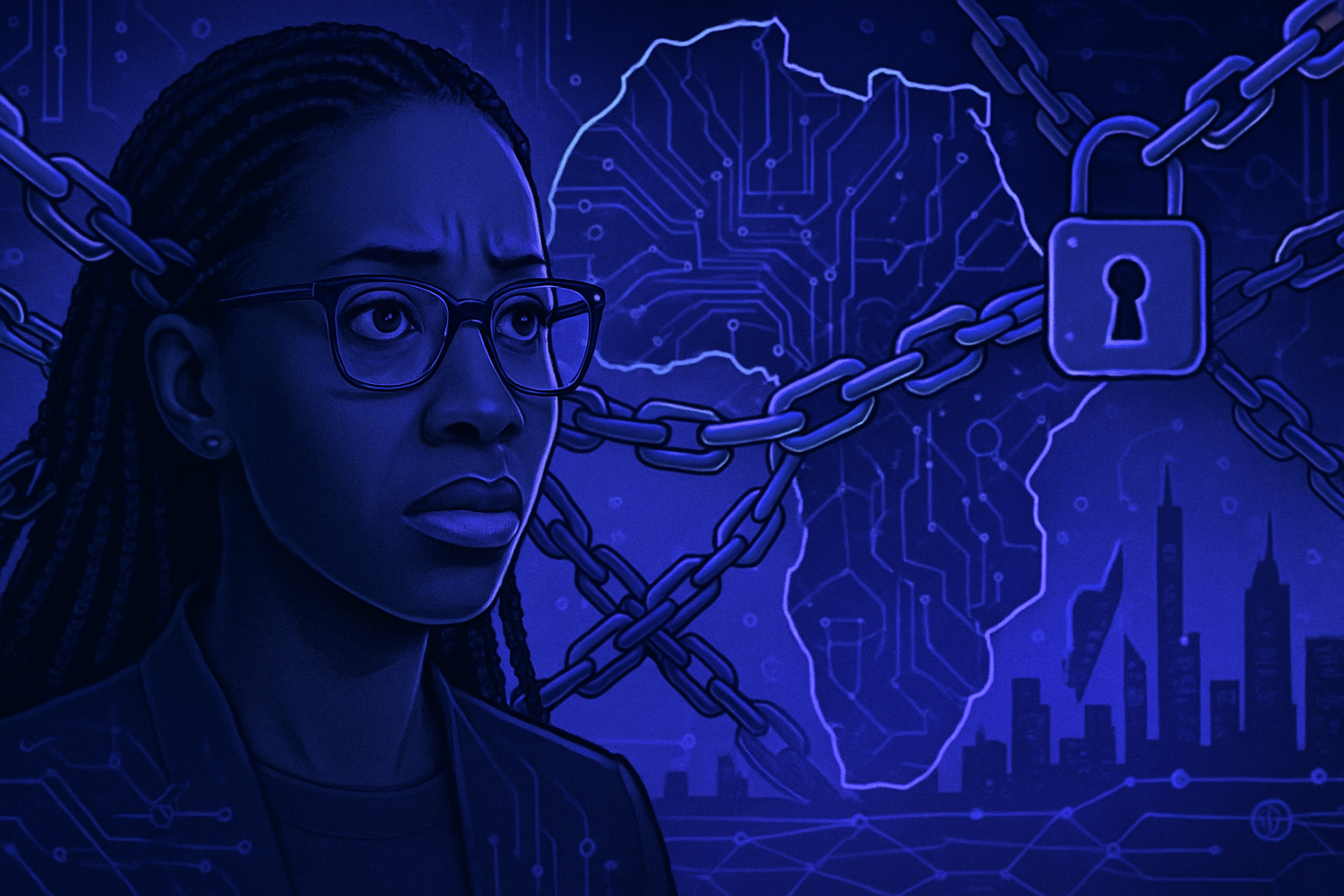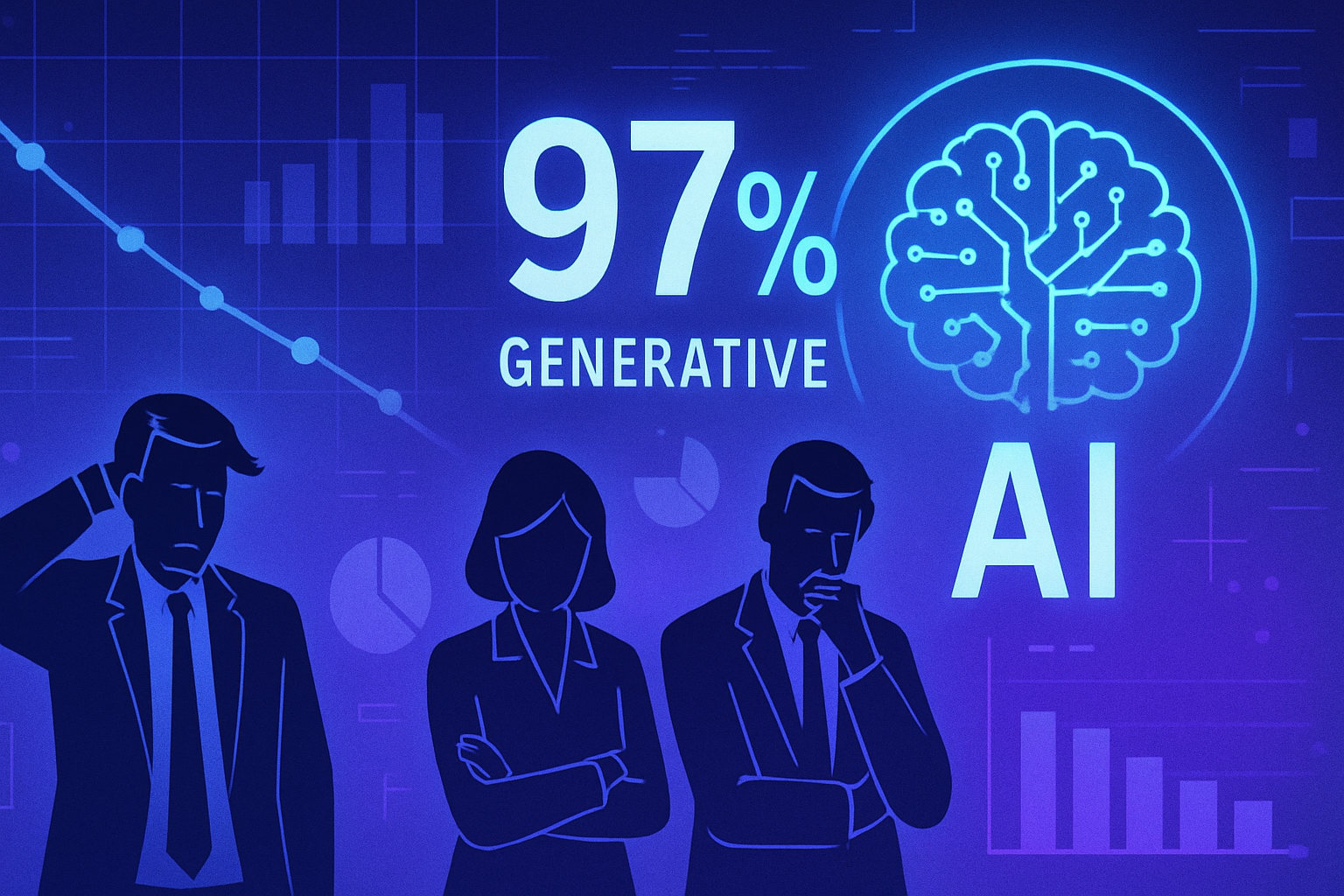Adji Bousso Dieng, an emblematic figure in artificial intelligence, speaks gravely about the current situation. The technological sovereignty of Africa, once promising, is going through an unprecedented crisis. *The stakes of data protection* and scientific development embody crucial challenges that the continent must overcome. In the face of the emergence of a digital colonization, it is imperative to rethink the algorithms whose harmful influence persists. This African voice advocates for collective awareness, urging youth to engage in relevant and bold scientific training.
An exemplary journey in the service of technology
Adji Bousso Dieng, an expert in artificial intelligence, represents an essential voice in the debate on Africa’s technological sovereignty. Born in Kaolack, Senegal, she etched her name in history by becoming the first black female computer science professor at Princeton University. Her trajectory, marked by personal challenges, showcases extraordinary resilience. She left her home country to study in France, before settling in the United States, where she contributed to technological progress within major companies like Google.
A warning about digital colonization
In her numerous interventions, Dieng highlights the growing risk of a “digital colonization” in Africa. She emphasizes that dominant technological systems, often developed outside the continent, reinforce stereotypes and inequality of access to knowledge. The computer scientist calls for collective awareness and increased investment in local talents to avoid harmful dependence on imported technologies.
Call for scientific training of youth
The future of Africa, according to Dieng, rests on the scientific training of young generations. She advocates for the strengthening of educational curricula related to digital technologies and artificial intelligence in African schools. In a world where the digital realm occupies an increasingly significant space, it is imperative that young Africans acquire the necessary skills to navigate and innovate in this domain.
Rethinking algorithms and racial stereotypes
Dieng is also concerned about how algorithms shape the perception of individuals and cultures. By reworking development processes, it becomes possible to counter the biases often embedded in these technologies. Thus, the researcher calls for a profound reflection on the design of algorithms, ensuring the integration of African perspectives and valuing cultural diversity.
A common challenge for Africa
The necessity for collaborative action remains at the heart of her discourse. Dieng favors pan-Africanism as a strategic lever. African nations must unite their efforts to build a robust technological foundation capable of competing with global powers. This paradigm shift requires concerted efforts among governments, academic institutions, and the private sector to create a conducive ecosystem for innovation.
Intercontinental perspectives
The prospect of a sovereign technological future also depends on intercultural and scientific exchanges. Dieng advocates for sustainable cooperation between Africa, Europe, and the United States to stimulate innovation while respecting local specificities. This approach must be accompanied by an equitable sharing of knowledge and resources.
Technological progress and risk awareness
Rapid advancements in the field of AI raise ethical and practical questions. Dieng calls on the international community to reflect on the implications of excessive use of technologies while preserving the fundamental rights of African citizens. Issues related to data protection and security must be integrated from the outset in the design of technological solutions.
A plea for the future
Through her contributions, Adji Bousso Dieng shapes the dialogue around digital transformation in Africa. She draws attention to the importance of an informed technological policy, which prioritizes autonomy and innovation. By enhancing the ability of Africans to develop their own solutions, it becomes possible to forge an equitable and sustainable technological future.
Guide to frequently asked questions about Africa’s technological sovereignty
Who is Adji Bousso Dieng and what is her role in the field of artificial intelligence?
Adji Bousso Dieng is a Senegalese computer scientist and professor at Princeton. She is recognized for her work in artificial intelligence and is the first black female computer science professor at this university. She advocates for better data protection and teaching sciences to young people in Africa.
Why does Adji Bousso Dieng believe that Africa’s technological sovereignty is at risk?
She warns about the risk of “digital colonization,” emphasizing that technologies developed outside Africa do not take into account local specificities and needs, which can lead to stereotypes and technological dependence.
What are the main threats identified by Adji Bousso Dieng regarding technology in Africa?
The main threats include the lack of adequate regulations on data protection, the lack of scientific training for youth, and the influence of algorithms that can reinforce racial and social biases.
How can scientific training for youth in Africa be improved, according to Adji Bousso Dieng?
She suggests reforms of educational systems to integrate sciences and technology in a way that is relevant and tailored to African realities, thereby encouraging local innovation and technological autonomy.
What are the impacts of algorithms on African society, as mentioned by Adji Bousso Dieng?
Algorithms can reproduce and amplify existing stereotypes, affecting the representation of Africans in technology and media, leading to discriminatory biases and a misunderstanding of African realities.
What initiatives does Adji Bousso Dieng promote to counter digital colonization in Africa?
She advocates for the creation of tailored public policies, the promotion of local tech start-ups, and the exchange of knowledge among African countries to build an autonomous and sustainable technological infrastructure.






